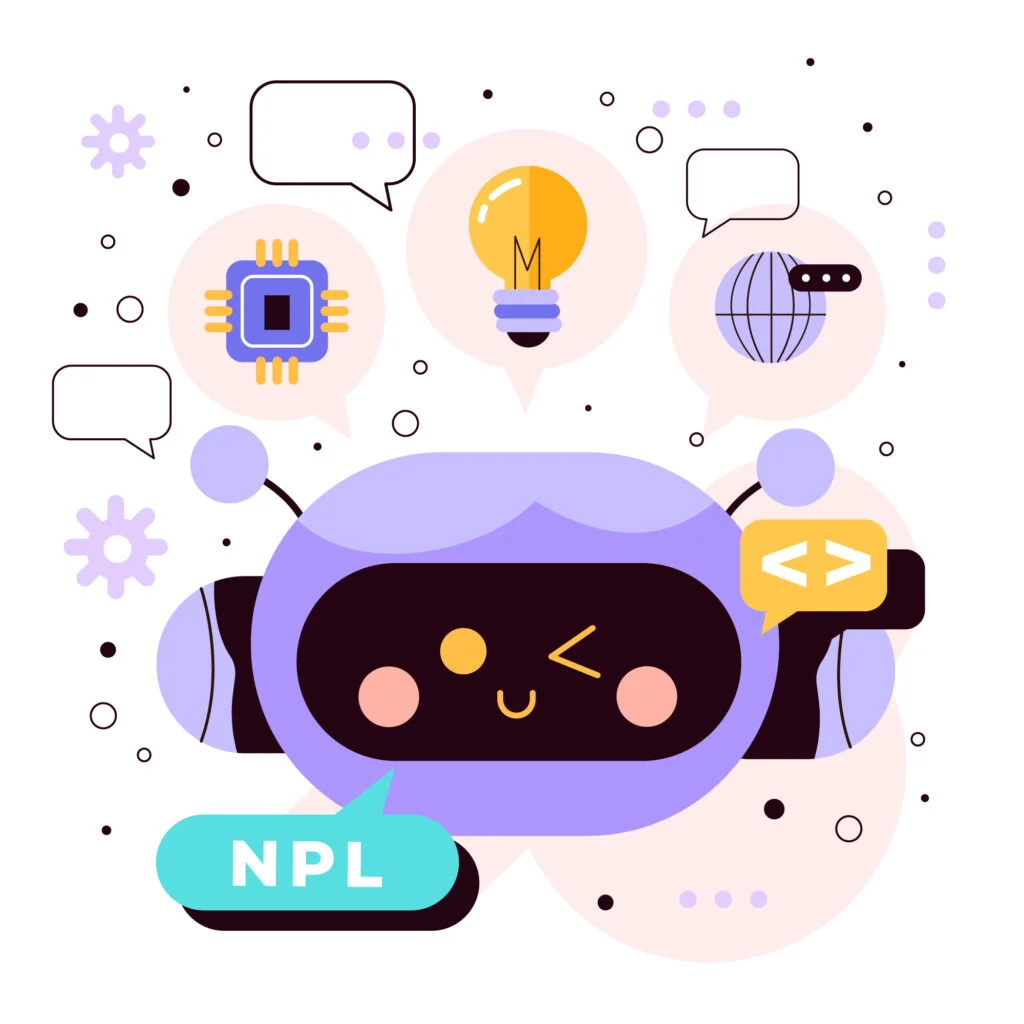From Transcription to Insights: The Evolution of AI in Meeting Management

The landscape of meeting management has undergone a remarkable transformation in recent years, driven by advancements in artificial intelligence (AI) technology. What began as simple transcription tools has evolved into sophisticated AI-powered assistants capable of generating valuable insights and streamlining collaboration. Let’s trace this fascinating journey and explore how AI has revolutionized the way we conduct and analyze meetings.
The Early Days: Basic Transcription
The roots of AI in meeting management can be traced back to the late 1990s when speech recognition technology first emerged. Initially, these tools were primarily focused on converting spoken language into written text, a process known as transcription. While groundbreaking at the time, early transcription software was often labor-intensive and prone to errors, requiring significant human intervention to produce accurate results.
The Rise of AI-Powered Transcription
As natural language processing (NLP) and machine learning algorithms advanced, so did the capabilities of transcription software. Modern AI-driven transcription tools now boast accuracy rates of over 85% and continue to improve through ongoing machine learning. These platforms can handle various accents, filter out background noise, and even distinguish between multiple speakers, making them invaluable for documenting meetings and interviews.
Beyond Transcription: Emerging Features
As AI technology matured, meeting management tools began to offer features that went beyond basic transcription. Some of the key developments include:
- Real-time transcription: Instant conversion of speech to text during live meetings.
- Multi-language support: Transcription and translation capabilities for global teams.
- Speaker identification: Ability to distinguish and label different speakers in a conversation.
- Integrated editing tools: Features allowing users to clean up and refine transcripts within the same platform.
- Export options: Flexibility to save transcripts in various formats for easy sharing and integration with other tools.
The Current Landscape: AI Meeting Assistants
Today, we’ve entered the era of comprehensive AI meeting assistants. These sophisticated tools combine transcription capabilities with a host of other features designed to enhance productivity and collaboration. Some of the advanced functionalities include:
- Automatic summarization: AI-generated summaries of key discussion points and decisions.
- Action item extraction: Identification and listing of tasks and responsibilities mentioned during the meeting.
- Sentiment analysis: Insights into the emotional tone and engagement levels of participants.
- Topic tracking: Automatic categorization and tagging of discussion topics for easy reference.
- Integration with project management tools: Seamless connection with other workplace productivity platforms.
The Future: Advanced Insights and Predictive Analytics
As AI continues to evolve, we can expect even more sophisticated capabilities in meeting management tools. Some potential future developments include:
- Predictive agenda setting: AI-suggested meeting topics based on team priorities and previous discussions.
- Personalized insights: Tailored recommendations for individual participants based on their roles and responsibilities.
- Meeting effectiveness scoring: Quantitative analysis of meeting productivity and engagement levels.
- Automated follow-ups: AI-generated reminders and progress tracking on action items.
- Virtual meeting facilitation: AI assistants capable of moderating discussions and ensuring balanced participation.
Impact on Workplace Productivity
The evolution of AI in meeting management has had a profound impact on workplace productivity. By automating time-consuming tasks like note-taking and summarization, these tools allow participants to focus more on active listening and engagement during meetings. Additionally, the ability to quickly search and reference past discussions has improved knowledge sharing and decision-making processes within organizations.
Challenges and Considerations
While the benefits of AI meeting assistants are clear, their implementation also raises important considerations:
- Privacy and security: Ensuring the confidentiality of sensitive meeting content.
- Accuracy and bias: Addressing potential errors or biases in AI-generated insights.
- User adoption: Overcoming resistance to new technologies and changing established workflows.
- Integration with existing systems: Ensuring seamless compatibility with other workplace tools and processes.
As AI continues to advance, meeting management tools will likely become even more intelligent and intuitive. The future promises a landscape where AI assistants not only document and analyze meetings but also actively contribute to more efficient, productive, and insightful collaborations. As organizations navigate this evolving terrain, striking the right balance between leveraging AI capabilities and maintaining the human elements of communication will be crucial for success.



